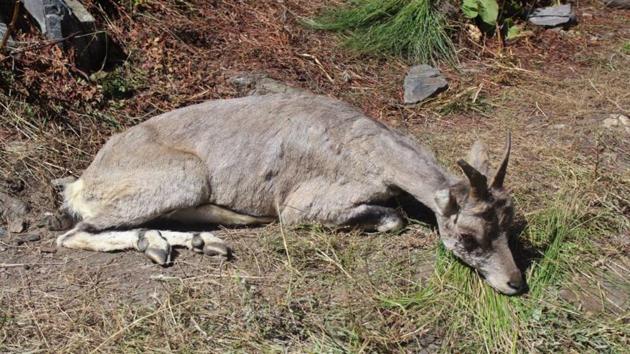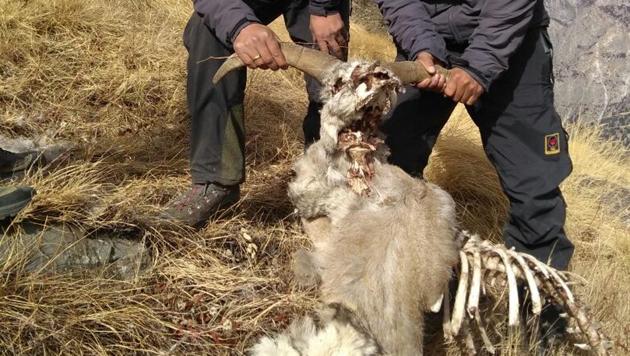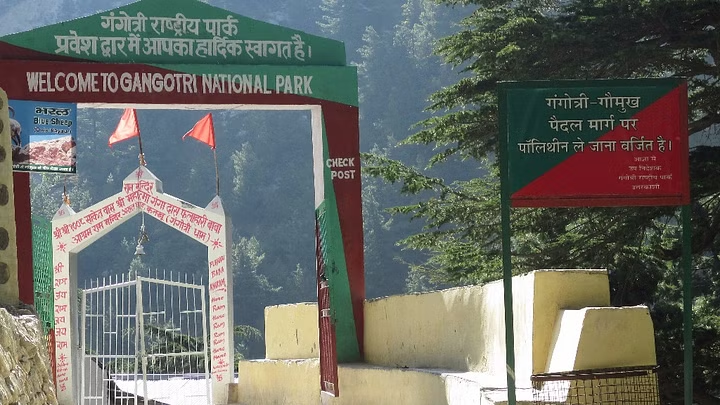Excerpt
The NGT (National Green Tribunal), dated 23rd December, 2020, directed the Centre through the Ministry of Environment Forests and Climate Change (MoEF & CC) and other states to install ‘Bird Diverters’ on existing solar and wind power lines as soon as possible. The Bench gave the deadline of four months.
Facts of the Case
The Plea was filed by an NGO, Centre for Wildlife and Environmental Litigation through Bhanu Bansal who stated that there is an urgent need to protect and conserve the great Indian bustard as the same is on the verge of extinction. The respondents in the matter were, MoEFCC, National Board of Wildlife, National Biodiversity Authority, States of Rajasthan, Gujarat, Karnataka, Andhra Pradesh and Maharastra.
Arguments Advanced
Petitioner, NGO was represented by Advocate Gaurav Kumar Bansal, who highlighted the issue of extinction of an endangered species namely Great Indian Bustard GIB). The petitioner submiited before the bench that the said species is listed as critically endangered and is a Schedule 1 (Highest Protection Status under Wildlife Protection Act -1972) Animal.
The petitioner submitted the recent population assessment before the bench, wherein, it is stated that the largest population of around 169 GIB occur in Thar landscape of Rajasthan and around 15 GIB each, occurring in Gujarat (Lala-Naliya Sanctuary and its neighbourhood in Kachchh), Maharashtra (Bustard Sanctuary and its neighbourhood in Kurnool) and Karnataka (Bellary).
Furthermore, the lawyer Advocate Gaurav Kumar Bansal submitted that being a low and heavy flyer, the great Indian Bustard faces a High Risk of fatal collision with power lines. Also, he contended that in order to protect and conserve GIB, MoEF & CC issued a project namely “Habitat Improvement and Conservation Breeding of Great Indian Bustard- an Integrated Approach”.
Analysis
The Great Indian Bustard is known as a friend of the farmer which now found only in Rajasthan and Gujarat. In 1994, the Great Indian Bustard was listed as an endangered species according to the International Union for Conservation of Nature’s (IUCN) Red List of Threatened Species.
WWF-India has provided inputs in developing the ‘Guidelines for the State Action Plan for Resident Bustard Recovery Programme’. WWF-India, is undertaking several initiatives for conservation of GIB in and around Desert National Park. WWF is also planning to expand the work in Gujarat and is making efforts to raise funds towards this.
Court’s Observations and Decision
After hearing the contentions, The Bench headed by NGT Chairperson Justice AK Goel, directed the respondents to provide fresh permission only after ensuring the underground power lines in new projects.
The Bench has also directed the MoEF & CC to install ‘Bird Diverters’ on existing solar and wind power lines within four months, as soon as possible.
Furthermore, the Bench directed them to take appropriate steps in order to ensure that EIA includes Impact on Biological Diversity for such kinds of Solar Energy Projects.
Libertatem.in is now on Telegram. Follow us for regular legal updates and judgments from the Court. Follow us on Google News, Instagram, LinkedIn, Facebook & Twitter. You can also subscribe to our Weekly Email Updates. You can also contribute stories like this and help us spread awareness for a better society. Submit Your Post Now.




